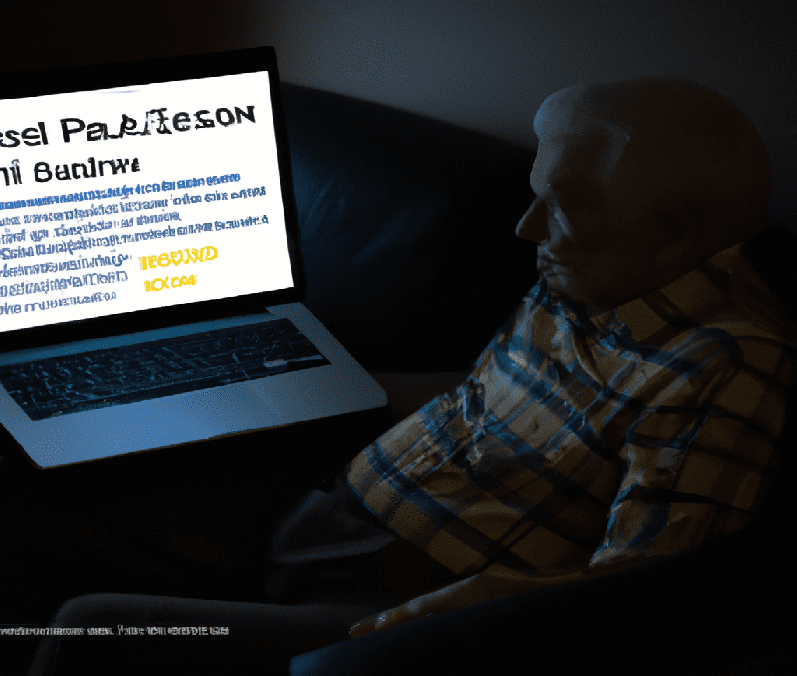Parkinson’s Disease is a chronic and progressive movement disorder that affects millions of people worldwide. It is caused by the degeneration of dopamine-producing cells in the brain, leading to a range of symptoms that can greatly impact a person’s quality of life. In this article, we’ll provide an overview of Parkinson’s Disease, the importance of early diagnosis, and share some strategies for managing the condition.
Symptoms to look out for
The symptoms of Parkinson’s Disease are varied and can develop slowly over several years. They can include:
– Tremors: Uncontrollable shaking in the hands, arms, legs, jaw, or face
– Stiffness and rigidity: Stiffness or tightness in muscles, making movement difficult
– Changes in speech and writing: Slurring of speech or difficulty writing
– Difficulty with balance and coordination: Unsteadiness or difficulty walking
– Changes in sense of smell: Loss of sense of smell, which can occur years before other symptoms appear
Diagnostic process
The diagnosis of Parkinson’s Disease is based on a combination of medical history, physical examination, and neurological testing. Your doctor may perform the following tests:
– Medical history and physical examination: A thorough review of your medical history will be taken, followed by a physical examination to evaluate your symptoms.
– Neurological examination: Detailed testing of your reflexes, balance, gait, and coordination will be done to assess the function of your nervous system.
– Imaging tests (e.g. CT, MRI): Imaging tests may be ordered to rule out other possible causes of your symptoms.
– Motor and non-motor diagnosis: Evaluation of both motor and non-motor symptoms is crucial for accurate diagnosis.
Importance of a Parkinson’s specialist
Parkinson’s Disease is a complex condition that requires personalized care and support. Seeking a Parkinson’s specialist who has specialized training and expertise can make a significant difference in the management of the disease. They can offer:
– Personalized care and treatment plans
– Access to the latest treatments and research trials
– Support for patients and their families
Lifestyle changes and management
There are many lifestyle changes and management strategies that may help reduce symptoms and slow the progression of Parkinson’s Disease, including:
– Medications for symptom management: Various medications can be prescribed to improve the symptoms of Parkinson’s Disease, including dopamine replacement drugs, anticholinergics, and deep brain stimulation.
– Exercise and physical therapy: Regular exercise and physical therapy can improve balance, flexibility, and muscle strength, which can help reduce stiffness and improve motor function.
– Counseling and support groups: Parkinson’s Disease can have a significant emotional impact on patients and their families, and seeking counseling or joining a support group can help you cope with the challenges of the condition.
– Dietary changes and nutrition: Eating a well-balanced and nutritious diet can help maintain strong muscles and bones, prevent constipation and other digestive issues, and manage weight.
Impact on daily life
Parkinson’s Disease can greatly impact a person’s daily life, but there are many coping mechanisms and strategies for managing symptoms that can help improve quality of life. These include:
– Adaptation and assistive devices: Using assistive devices such as walkers or canes can help with balance and mobility.
– Mind-body techniques: Practices such as yoga or meditation can help manage stress and promote relaxation.
– Assistance and resources for patients and caregivers: There are many resources available for patients and their families, including respite care services and home health aides.
Conclusion
Early diagnosis and management of Parkinson’s Disease can greatly improve a patient’s quality of life. If you suspect that you or a loved one may have Parkinson’s Disease, seeking medical attention and consultation with a Parkinson’s specialist is crucial. With the right treatment plan and support, individuals with Parkinson’s Disease can manage their symptoms and maintain a fulfilling life.
